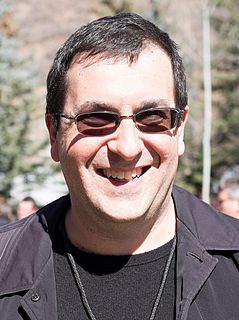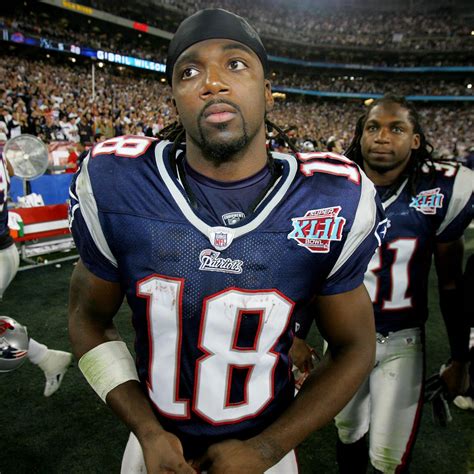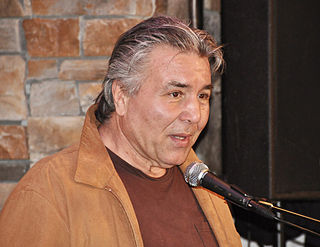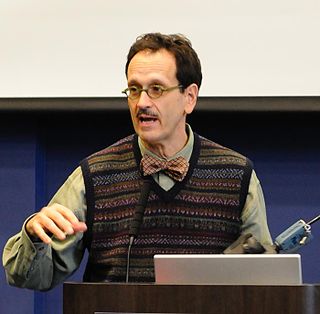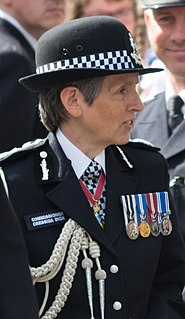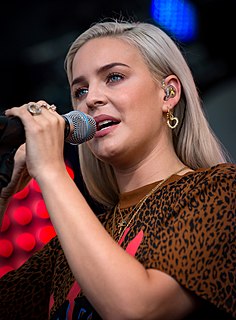A Quote by Dave Goldberg
I really like the mission at SurveyMonkey, which is, we help people make better decisions. It's just a great thing.
Related Quotes
I always hear people saying, "If I can just help one person, or if I can just stop one person from doing what I did." I don't think one person is enough. I feel you can help more than one person, help as many as you can. That's something that I would like to leave as my legacy: That I helped a lot of people and made some people make better decisions after looking at the decisions I've made in my life.
If we all make systematic mistakes in our decisions, then why not develop new strategies, tools, and methods to help us make better decisions and improve our overall well-being? That's exactly the meaning of free lunches- the idea that there are tools, methods, and policies that can help all of us make better decisions and as a consequence achieve what we desire-pg. 241
People are trying to build a society where they can talk across the aisle so to speak, and have civil discourse. At the same time we're trying to inform ourselves about what's really true so that we can make evidence based decisions that is better than superstition or rumor. But the fact is that people who use evidence based decision making have much better life outcomes, greater life satisfaction, they live longer, they make better personal and medical decisions, better financial decisions. But parallel to that is you can't reason somebody out of a position they didn't reason themselves into.
Normally I do all my own post work. It's not that I do it better than anyone else, I just do it my way. I make decisions. People who print at labs are probably far better printers, but they won't make my decisions mid-process. I don't want to be out of the loop. I want to be a photographer and do all of it.
If you're an entrepreneur and you're starting a company, I think the first thing you do is you go and talk to a bunch of people. But then the next thing you probably should do is figure out if there's a broader demand than just people you know. That's where I think SurveyMonkey is pretty valuable to people.
That is the great thing about policing, you do have a lot of responsibility very early and you have got to make decisions, sometimes life and death decisions, very quickly and there is something about putting a uniform on and thinking 'people are looking to me to make decisions and to look after them' that makes you feel capable.
The way to make better decisions is to make more of them. Then make sure you learn from each one, including those that don't seem to work out in the short term: they will provide valuable distinctions to make better evaluations and therefore decisions in the future. Realize that decision making, like any skill you focus on improving, gets better the more often you do it.
People need a moral code, to help them make decisions. All this bio-yogurt virtue and financial self-righteousness are just filling the gap in the market. But the problem is that it's all backwards. It's not that you do the right thing and hope it pays off; the morally right thing is by definition the thing that gives the biggest payoff.
I felt that let's understand that all these people are just human, even the advisors in the White House, they're just real people trying to make real decisions and they make mistakes like anybody else does under pressure. If you can get that with these great performances then you claim it on that level as well.
I talk to a lot of women who have difficult times who are suffering. I really want women to be encouraged and to have hope because things can get better. Make good decisions, stop making bad ones, because we have to take responsibility too. But make good decisions and really the future will be a lot better for your kids - and yourself.
